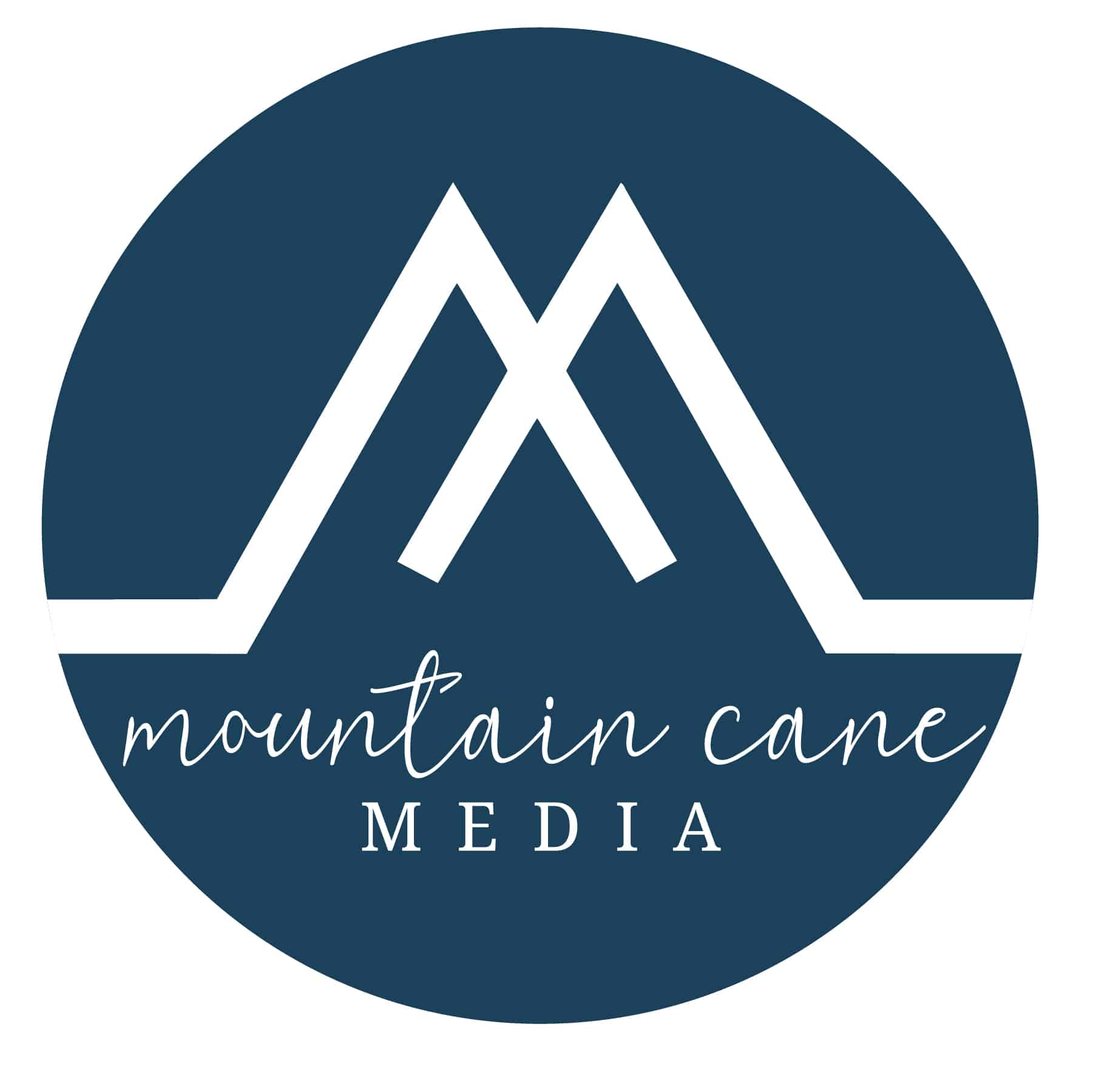
Navigating Digital Transitions: The Importance of Owning Your Data
Businesses heavily rely on online platforms and services to run their operations, connect with customers, and grow. But recent experiences with moving from one digital system to another have shown just how tricky it can be. In this article, we’ll look at two real-life examples: one where a company moved its website and hosting, and another where they switched their email marketing platform from MailerLite’s old version to the new one. Both cases highlight why it’s so crucial to own your data and assets on your chosen platform, no matter how big or small your business is.
Case Study: Domain and Hosting Migration Project Background
For the domain and hosting migration project, the company had initially entrusted a marketer to build their website. This marketer not only developed their website but also sold them their domain and hosted their website on reseller hosting. Over time, however, the relationship between the company and the marketer soured, and both parties were ready to part ways. In this scenario, I was brought in as an operations consultant to act as an intermediary between the two parties and facilitate the transfer of assets.
My primary objective was to ensure that the company regained control over their domain, which was a crucial business asset, and establish their own hosting account. This involved liaising with the marketer and coordinating the transfer of assets from their server and domain registrar to new accounts that the company would own outright. By taking control of their domain and hosting, the company could assert autonomy over their digital infrastructure and eliminate dependencies on third-party providers.
Actions and Timeline
From initiating discussions with our previous service provider to coordinating domain transfers and hosting migrations, the project unfolded over several months. Despite encountering challenges such as outstanding invoices and unresponsive parties, we persevered, guided by the principles of proactive planning and effective communication.
Key Takeaways
Flexibility and Freedom:
Data ownership affords you the flexibility to adapt and innovate without constraints. Relying solely on external providers limits your ability to customize and optimize your digital infrastructure. With ownership comes the freedom to explore new solutions and technologies tailored to your specific needs.
Communication and Collaboration:
Foster open communication and collaboration with stakeholders to navigate challenges and ensure project success.
Security and Control:
By owning your data, you maintain control over its security and integrity. External dependencies and third-party providers can introduce vulnerabilities, as demonstrated in the migration project. Ownership empowers you to implement robust security measures and safeguard sensitive information.
Business Continuity and Resilience:
In the event of disputes or transitions, owning your data ensures business continuity and resilience. The migration project underscored the disruptions that can arise from dependencies on external parties. By owning your data, you mitigate the risks of vendor lock-in and dependency failures.
Lessons Learned
Through this migration project, we learned firsthand the importance of owning our data and assets on our platform. By taking control of our digital infrastructure, we gained the flexibility and autonomy needed to navigate challenges and ensure business continuity.
Case Study: Navigating MailerLite Migration
MailerLite’s recent transition from their classic platform to a new one promised enhanced features and improved user experience. However, for some users, particularly those relying on legacy features like the builder for landing pages, the migration process proved to be more complex than anticipated.
For clients utilizing MailerLite’s legacy builder for landing pages, the migration to the new platform presented unexpected hurdles. Despite MailerLite’s assurances of a seamless transition, a significant portion of landing pages failed to migrate successfully. In the instance of one of my clients, nine out of nineteen landing pages did not transfer, leaving my client with incomplete digital assets and disrupted marketing strategies.
The Importance of Data Ownership
The shortcomings of the MailerLite migration highlight the critical importance of owning your data. When digital assets reside on third-party platforms, users are at the mercy of platform updates, migrations, and potential disruptions. By owning your data, particularly through a self-hosted solution like WordPress, you retain control over your digital infrastructure and mitigate the risks associated with platform transitions.
Addressing Complexities
The complexities of the MailerLite migration extend beyond the migration of landing pages. Changes in URL structures between the old and new platforms necessitate meticulous redirection or updating of links throughout the digital ecosystem. Additionally, automation sequences referencing old landing page URLs require manual editing to ensure continuity in marketing campaigns—a time-consuming and resource-intensive process.
Simplified Solutions
In light of these challenges, simplifying your digital infrastructure becomes imperative. Utilizing email marketing platforms for forms and automation, coupled with a self-hosted solution like WordPress for landing pages, offers greater flexibility and control. With WordPress, you own the data, URLs, and can easily manage redirects or updates as needed, reducing reliance on third-party platforms and streamlining workflows.
Key Takeaways
Data Ownership is Key:
Take ownership of your digital assets to mitigate risks associated with platform migrations and disruptions.
Simplify Your Infrastructure:
Utilize self-hosted solutions like WordPress for greater control and flexibility in managing digital assets.
Plan for Contingencies:
Anticipate potential challenges in platform transitions and develop contingency plans to minimize disruptions to marketing operations.
Conclusion
As businesses continue to navigate the evolving digital landscape, prioritizing data ownership remains paramount for long-term success. By owning their data, businesses can safeguard against disruptions, maintain resilience in the face of challenges, and adapt more effectively to changing market dynamics. As we look to the future, let us remember the lessons learned from these experiences and take proactive steps to assert control over our digital destinies.






Responses